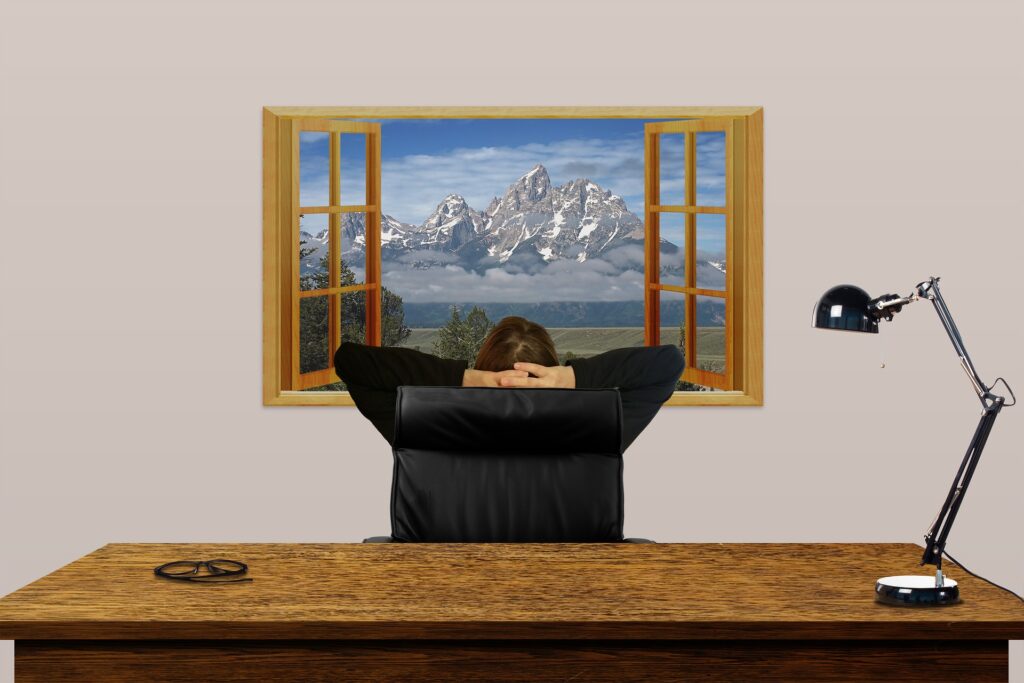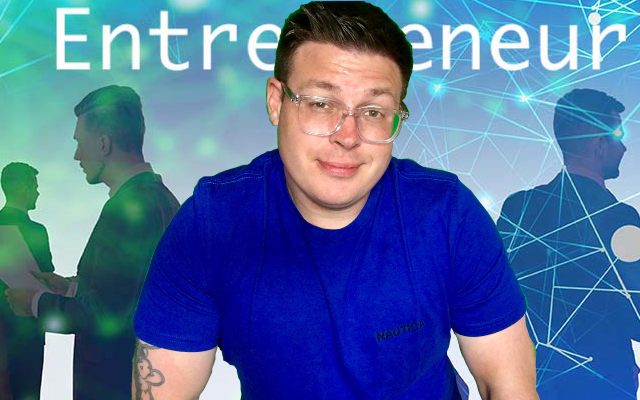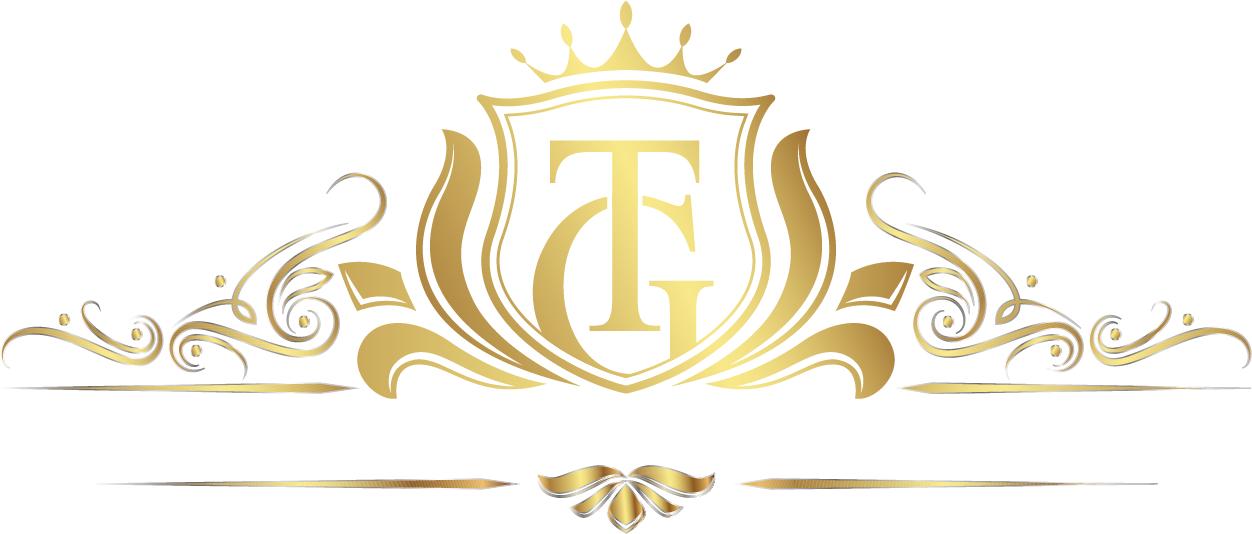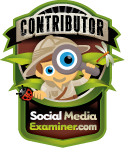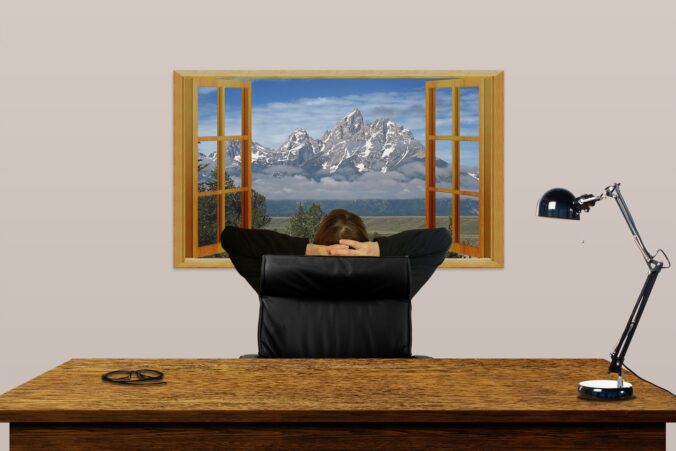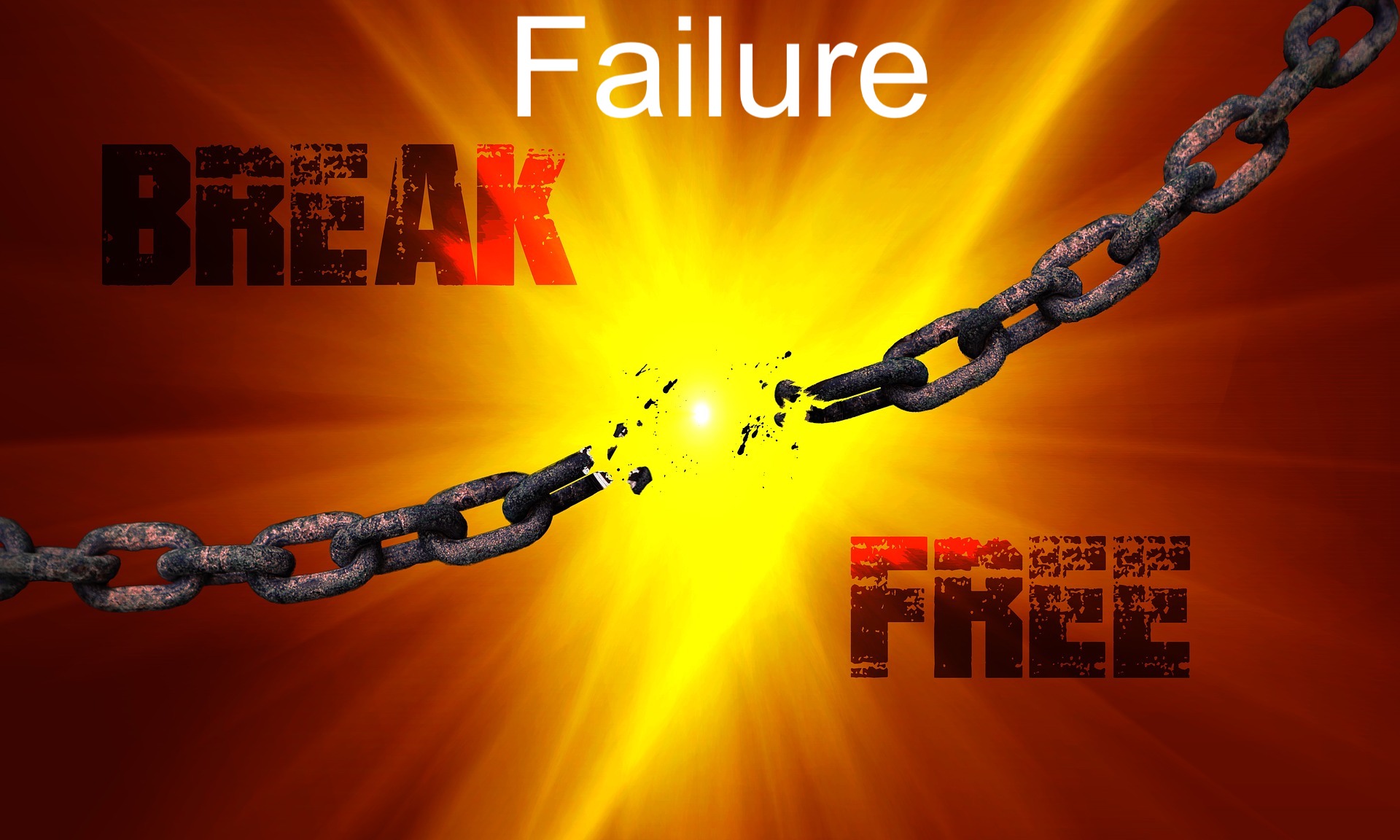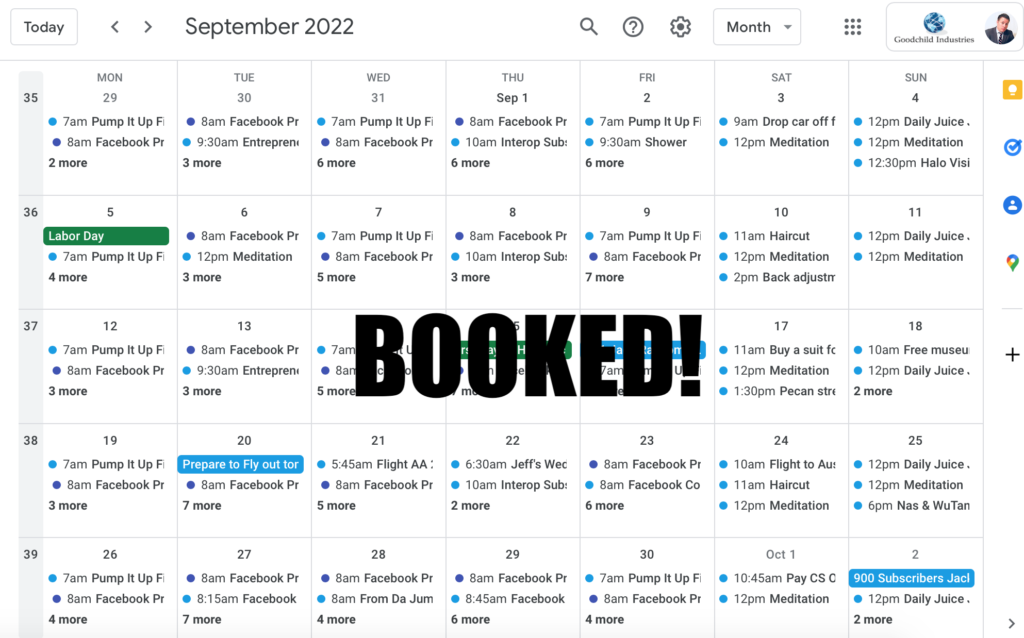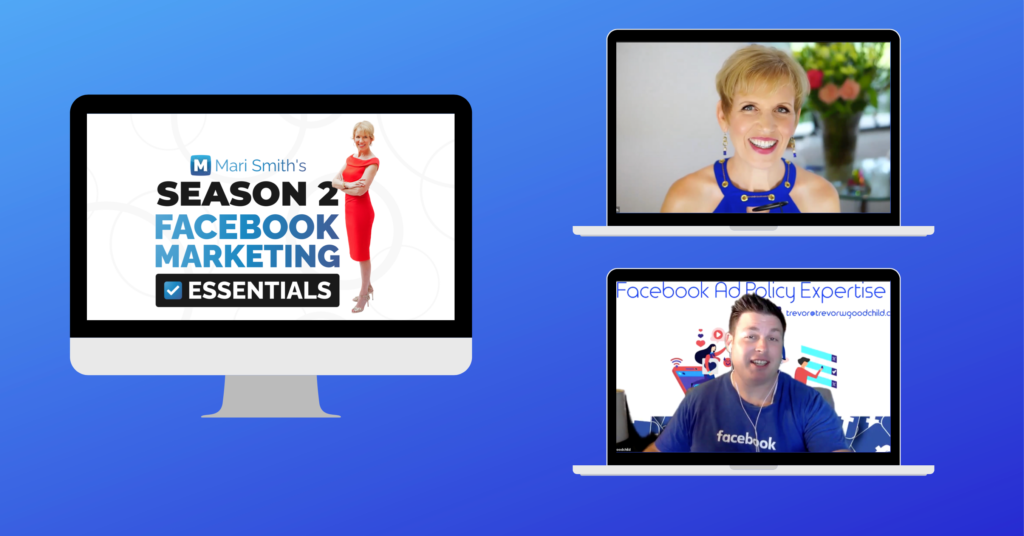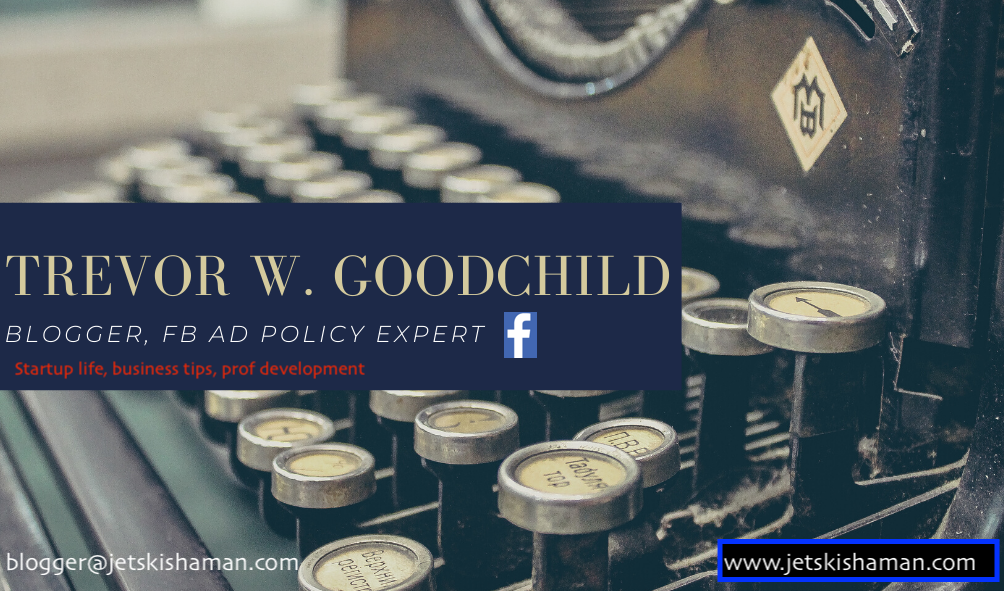Fail fast, fail often, fail forward is a Silicon Valley saying that brands failure as a badge of honor, as if it is a secret right of passage towards success. This is both right & wrong, and I'll explain why we need to redefine our relationship with failure.
When a surgeon fails - that's life or death. When the Challenger rocket blew up - that failure cost the lives of the crew. So failing fast and failing often isn't a mantra that surgeons embrace for obvious reasons.
Back in the Upper Paleolithic era, when mankind drew stick figure animals on the walls of the Lascaux Cave we had a good reason to fear failure. This was a healthy fear that helped us survive from larger predators.
Fast forward, we now fear economic depressions, failing a final exam at our college or university, or failing to overcome the same obstacles that stopped our parents from becoming more successful in business or life.
We fear getting rejected when asking someone out on a date, we fear losing our job or abrupt market changes making our service or product irrelevant in the entrepreneur space.
As a result, we tend to avoid situations that are high risk, both economically and emotionally. This inclination to avoid failure actually produces more failures.
The car is coming towards you at breakneck speed and you don't dodge left, second guess dodging to the right and end up as roadkill.
Being too afraid of failing to make the right move is a recipe for making the wrong move.
You're stuck at a job you hate, have a promising idea to launch a business but want to wait for a zero-risk opportunity to launch. You want everything to be perfect first.
20 years later, shuffling papers on your desk, you think about how much the cost of living has risen and how your pension won't pay all the bills after you retire. Wait, what about that idea?
Too afraid of failure, you never took the leap. Having A+ syndrome, waiting for the perfect moment was a bigger failure than the actual risk you would have taken to start your own company.
Doing anything innovative, or disruptive to established routines requires taking the risk that you're going to fail --at least part of the time.
You may have read my other blogs about Elon Musk's way of thinking and how he used it to succeed at Tesla. Here's Musk's thoughts on failure:
"There's a silly notion that failure's not an option at NASA. Failure is an option here [@ SpaceX]. If things are not failing, you are not innovating enough."
This echoes one of the speakers at a marketing conference I went to in Orlando, Florida who said,
"If you're not embarrassed by the first results -- you didn't launch soon enough,"
We'd never have medicines that help to cure ailments if we didn't explore the unknown and in doing so, fail a few times. As Facebook's early mantra goes, "Move fast, and break things."
While a friend of mine, that I worked with at Facebook mentioned, when he was talking to Mark Zuckerberg, "Mark didn't mean it in the way many engineers at Facebook interpret it as," the concept of prioritizing momentum over just waiting for an unrealistically perfect moment to arrive still holds true.
When we put a ban on failure we put a ban on progressive, and a better future.
Taking a shot at something great will require calibration - just like sighting in the crosshairs of a gun, pellet gun, paint gun or rifle - you'll have to miss a few times to see how far away you are from the target. You may miss more than you hit.
At least in the beginning.
Shakespeare is known for his greatest works like Romeo and Juliet but over twenty years he wrote 154 sonnets and 37 plays which were lacking in character development and had plots that were shoddy, incomplete and not really put together that well.
Now that we've established the importance of trying, even if you may fail, and how important failure is to help you calibrate the best path to success it's time to debunk Silicon Valley's failing fast and often mantra.
When entrepreneurs are too focused on celebrating failures as a token accomplishment, toasting to their bravery, important info is lost on how to work smarter not harder.
Failure provides valuable insight into what worked and what didn't work in our process of launching - to just throw spaghetti at the wall without a strategy or analyzing the results waits time and money - and the effort of even trying.
When we fail, we often try to hide it, or misrepresent what happened as someone else's fault. We twist reality to fit a rationalization of why it wasn't our fault and pass the buck onto other people or factors beyond our control.
What's the harm in fudging the truth a little here and there? you may ask.
If we don't own up to where & how we've failed then we learn nothing from the experience. What's the definition of insanity? Doing the same thing and expecting different results. That's what Blockbuster & Kodak did - look where it got them.
When we pass blame for our failures onto outside elements - the girl that rejected us, the upset customer, the competitors in our niche - we have 0 cause to course correct and improve.
Time, effort and money are thrown down the drain re-attempting the same failed strategy we didn't learn from, crossing our fingers hoping our luck will change without taking responsibility for how we can change our luck.
This is one of the biggest misconceptions about determination and 'just working hard & not giving up.' If we're aimed in the wrong direction all that yelling at the GPS won't do us any good. All that effort is wasted.
The adage "No pain no gain" misrepresents the value of learning from failures in broad strokes. The aim isn't just to fail fast. It's to learn fast.
We would benefit from raising a glass to toast to the nuggets of gold we learn from failure, not just failing.
Another way I often see failures framed is as a loss. "I lost a lot of money in my first start up that didn't pan out." But you're only taking the L if you frame it that way.
A better way to frame failure is as an investment, and take note of the data you get from your efforts. This isn't data you'll find in a fortune cookie or motivational bumper sticker.
Intelligent failures can help you succeed more than previous successes if you take the time to look at what worked in your attempts and what didn't.
One of the best ways to overcome depression from failing at something, whether that's at a relationship, business launch, or personal venture is to learn something. Learning from your experience will never fail.
The founder of Forbes Magazine, Malcolm Forbes says it like this:
"Failure is success if we learn from it."
When we were children, we had to stumble and fall before learning to walk. Imagine if had our parents telling us,
"Don't try to walk because if you do you might fall."
We had to learn how not to fall in order to discover the joys of walking. A single failure is just the start not the end of our journey.
One of the benefits of examining failures for what worked and what didn't is we begin to ask better questions.
Sure, the solutions may evade us in the beginning, but by asking better questions we start to understand more, and with more understanding comes better strategies, with better strategies comes a higher chance of success.
Much of the time we focus on instant gratification. The faster we can get to the prize the better. Spending all our paychecks on Friday and being broke on Monday is an example of this.
Eating at fast food restaurants and pleasuring our taste buds instead of overall mind body spirit health that lasts us into old age more fit, and able-minded is another.
The famous marshmellow experiment in the 1960s, by a Stanford professor named Walter Mischel, tested children's self control. They were given one marshmallow and told if they didn't eat it, they'd get a second marshmallow.
The children who were willing to delay gratification and waited to receive the second marshmallow ended up having higher SAT scores, lower levels of substance abuse, lower likelihood of obesity, better responses to stress, better social skills as reported by their parents, and generally better scores in a range of other life measures. (You can see the followup studies here, here, and here.)
To increase our short-term pleasure, we often avoid actions that might fail.
Yet those who succeed in life delay gratification longer, recalibrate for seeing the bigger picture in the long term. Not falling for the trap of perpetually living in the short-term gratification that social media seems to exacerbated.
"Failure hovers uncomfortably close to greatness," said James Watson who was one of the discoverers of our DNA's double-helix structure.
So your aim should be to re-center your attention on the elements that you can control - the energy and approach you take when attempting to achieve a goal.
Always put the ego aside to prioritize curiosity over pride.
Ask yourself, after failing, "What went wrong with this failure?" and fix the method you used, recalibrate the angle of your approach based on the data your failures provide.
However - that is only part of the story. You need to also ask:
"What went right with this failure?"
Keep track of the higher quality choices you made, even if they produced a failure.
Work on perfecting the method or strategy you're using, and focus on updating your processes. Don't be afraid to use first-principle thinking here too and rewrite the script from the start.
When you reduce the stress on just achieving a specific goal, and work on developing your strategy, you'll improve at everything. The goal because a side-effect of a well-developed system instead of just a lucky guess using a life hack.
We get intrinsic benefits and value from activities we're doing because we're so in love with what we're doing that failing isn't even relevant anymore..
This kind of mindset is similar to one taught in Thich Nhat Hanh's book, the Miracle of Mindfulness, when he describes an incredibly huge pile of dishes and becoming overwhelmed until he re-focused on just washing each dish as if it was the only dish.
Let's put this in perspective of the workforce. When employers only reward success and reprimand or punish failure, this leads to workers just not sharing about failures. Employees try to hide where they've failed instead of look where they can learn from them.
They exaggerate their successes and try to pose everything done in the best way without being intrinsically invested in wanting to learn from mistakes and perfect a process.
This is in essence, shooting the messenger - especially when the failure was caused by an error in the system the employees were using not always just their own competence.
A business stagnates when it stops learning from its mistakes. It's the same reason Sears went out of business.
And it's understandable to an extent - we're taught to justify our failures by blaming other people or circumstances, but yet when we see someone falter we start labeling this failure as a result of their internal processes;
They were lazy, didn't pay attention, incompetent. Our habit of logging the failures of others can be repurposed as a source of data for how we can do things better.
Many companies I've worked for in big tech, Microsoft, Apple or Facebook say they can understand failures or like to learn from them, don't actually do this in reality.
They'll debate that failures mean someone is at fault, blame needs to be assigned, and without discipline and punishment employees will just take advantage of this and fail more.
In actuality - you can let your staff take risks as long as you have high standards. If someone keeps making the same mistake it's time for a one-on-one with quality control.
You can punish sloppy work or poor performance but also reward intelligent failures.
The best performing hospitals have a culture where the nurses are allowed to give feedback to the doctors so everyone learns from mistakes made, the worst are where doctors are untouchable and above critique. These hospitals tend to make more mistakes and hide them according to first-year doctoral student, Amy Edmondson's study in the 1990s.
Her Ted Talk is pretty amazing here:
Is this blog too detailed? Perhaps - I get pretty passionate about discovering solutions to problems we keep repeating. The attitude on failure is one of them.
Let's take a look at how failure works in schools, particularly at the college level.
The New York Times has a great article on this:
"Preoccupied in the 1980s with success at any cost (think Gordon Gekko), the American business world now fetishizes failure, thanks to technology experimentalist heroes like Steve Jobs. But while the idea of “failing upward” has become a badge of honor in the start-up world — with blog posts, TED talks, even industry conferences — students are still focused on conventional metrics of achievement, campus administrators say."
We’re not talking about flunking out of pre-med or getting kicked out of college,” Ms. Simmons said. “We’re talking about students showing up in residential life offices distraught and inconsolable when they score less than an A-minus. Ending up in the counseling center after being rejected from a club.
Students who are unable to ask for help when they need it, or so fearful of failing that they will avoid taking risks at all.” Almost a decade ago, faculty at Stanford and Harvard coined the term “failure deprived” to describe what they were observing: the idea that, even as they were ever more outstanding on paper, students seemed unable to cope with simple struggles."
The solution to this anxiety about even trying due to fear of failure is to experience failure on a regular basis. This is true for any phobia. When I started driving, I was freaked out by everything - how close the cars were, the speed of vehicles, going on super high curving overpasses.
It took time and experience of exposing myself to driving more and more that the fear lessened and driving skills also improved.
Each setback becomes the training to overcome the next one - if we choose to learn from failures and take the risk of failing again. And again. And again. Each attempt builds resilience and familiarity.
What's something you couldn't have achieved if you didn't try first and fail?
Comment below!
Read the last blog on SEO tips here.
